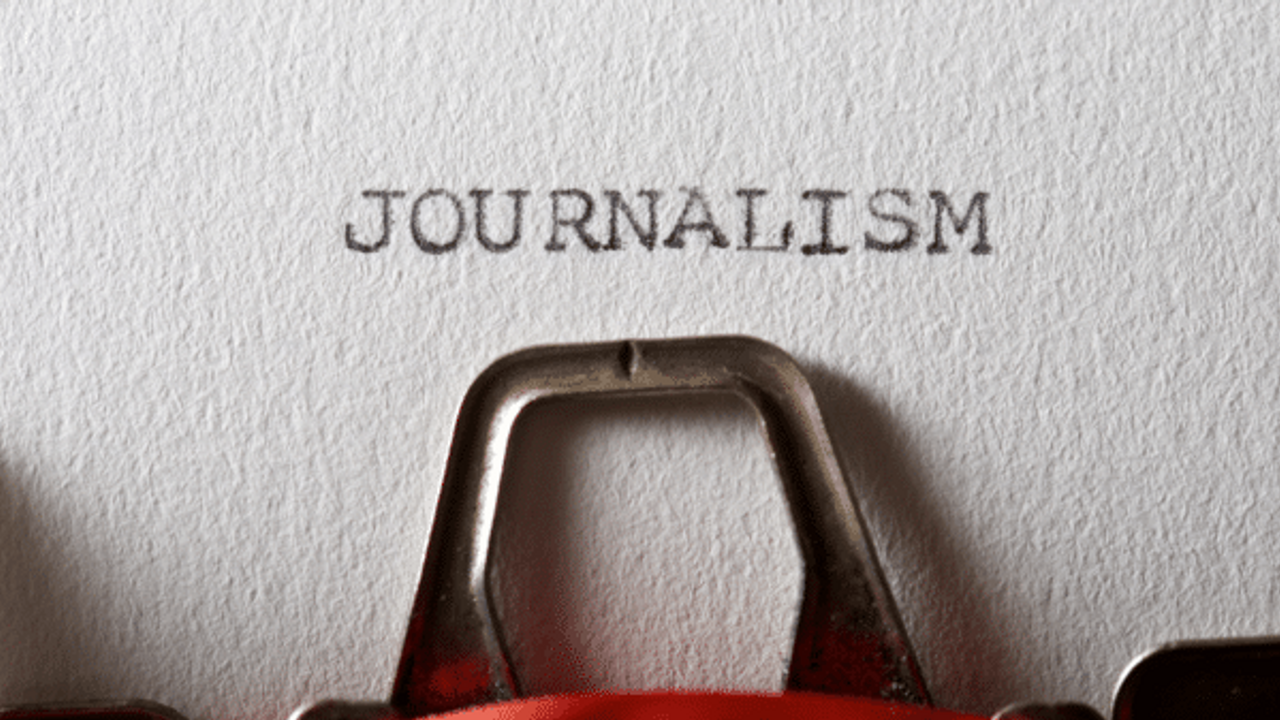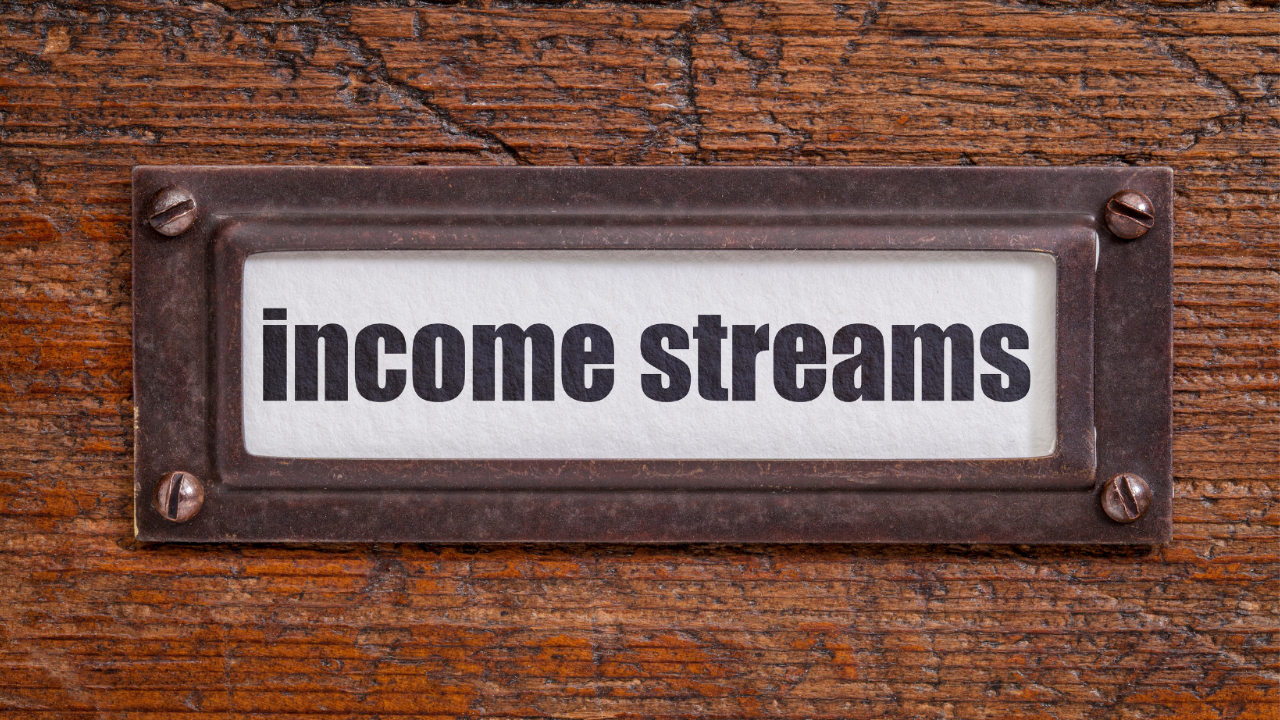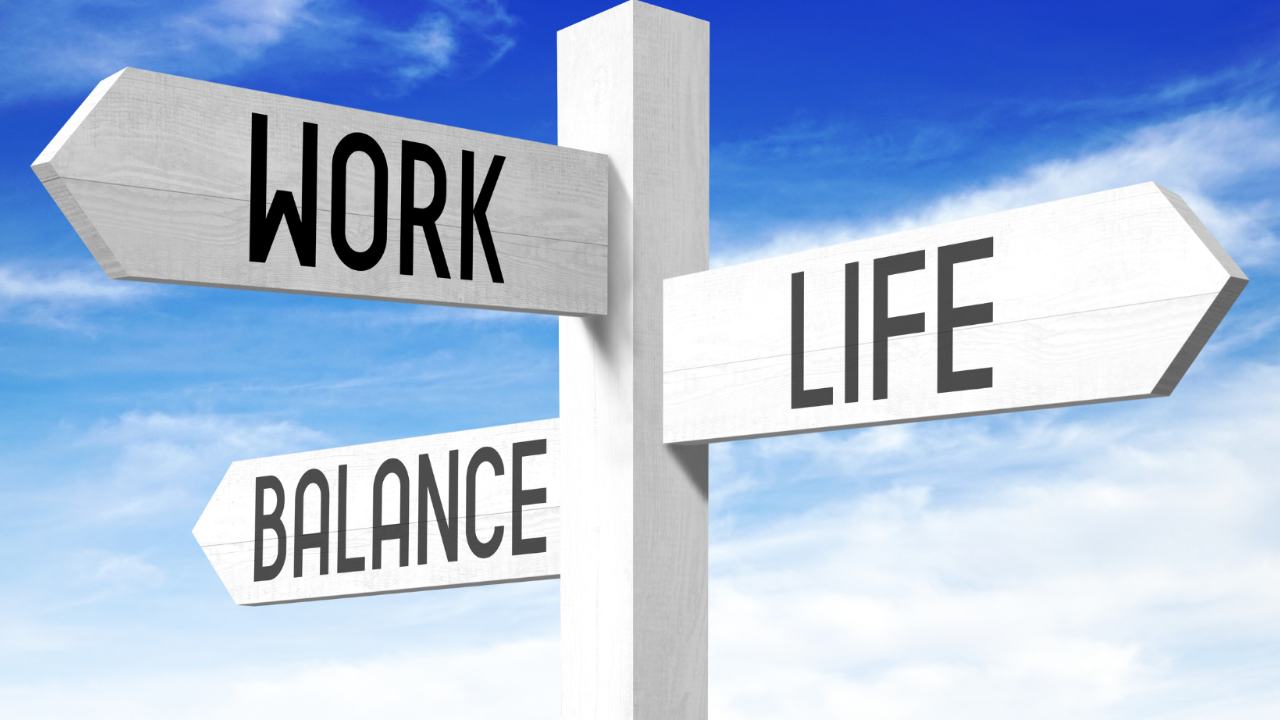Why Health Journalism Makes a Great Entry Point for Nurse Writers

When I decided to go into courses and coaching (in support of my mission for nurses to own the healthcare communications space), the very first course I developed was called “Health Journalism Basics for Nurses.” Why? Because I think health reporting makes the most natural entry point for nurses interested in pursuing a writing career.
Consumer Health Journalism = Patient Education
If you peruse my contributions to the WebMD Public Health blog, you’ll notice that they all could be considered “patient education.” I write about topics like “What is Considered a Fever?” – the exact sort of thing you might discuss with a patient in an exam room (or, in my case, at the bedside in PACU, giving discharge instructions to someone who just had outpatient surgery).
In health reporting, you often can write articles that directly address the reader using a voice and tone that sound the same as if you actually were chatting with a patient. This aspect of health journalism makes it feel very natural for nurses who have never pursued writing before.
Nurses Understand Evidence
But the patient education aspect of health journalism isn’t the only reason I recommend it as a starting point for nurses who want to write. I also love it when nurses become health reporters because nurses understand how to correctly interpret studies and provide accurate, balanced reporting to the public.
The sadly defunct Health News Review website used to publish critiques of public health reporting – and I always found it astonishing how often non-clinician journalists misreported health news. I think it might be because they may not possess enough health knowledge to question various data points. Instead, they simply seem to report the information that’s given to them – which may be something like a hype-y news release by a drug company that puts sincere spin on some questionable research findings.
Nurses, on the other hand, wouldn’t be fooled by that kind of nonsense. We would mutter to ourselves things like, “Yes, but…this was a pilot study. It was only designed to test the validity of the study model, not to test the treatment itself, so these conclusions they’re claiming are BS.” Or we would dig up previous studies to compare findings as a way to achieve balance in our reporting. Or we would talk to sources who disagree with a study’s conclusions. But one thing we would NOT do is simply report whatever “facts” were handed to us.
Health Journalism Expands Your Reach
I’ve never known a nurse who was not personally and passionately interested in making sure that people receive accurate health information. At the same time, I’ve heard from many nurses who felt frustrated that they weren’t able to reach even more people with their knowledge and expertise.
Health reporting gives nurses a huge voice in public health communications. What bigger platform can you hope for, as a nurse, than to write for a site like WebMD or a magazine like Health and consequently reach literally millions of people with your accurate information? Reporting health news for a site like Medical News Daily or Verywell Health or USNews.com amplifies your nursing voice to help people make healthier choices in day-to-day life.
And did I mention the fan mail?
I vividly recall the first time an email landed in my inbox from a person who said, “Are you the Elizabeth Hanes who wrote the article ‘X’? If so, I wanted to tell you I tracked you down to say thank you, because I finally understand now what’s going on with my body.”
Just the other day, I opened my LinkedIn messages to find a heartfelt letter titled “Thank you for your article in Healthgrades from Jan 2021” that said (among other things):
Dear Elizabeth,
Since 1997 I have been suffering from this DS (dermatitis herpetiformis) and I am very thankful to have found/read your article, which led to my diagnosis.
I just want you to know you've helped change my life for the better. I am so thankful that you helped me.
With gratefulness, [name]
I’ve received innumerable such messages over the course of my reporting career, and these notes never fail to make me tear up. It’s beyond touching to know that my articles wield such influence in people’s daily lives and health decisions.
The natural transition from patient education to health reporting, our ability to parse research and write balanced stories for the public, and the ability to expand our reach and impact as nurses represent just three of the reasons why I think health journalism makes a terrific entry point for nurses who want to become writers. And it’s also why I created my journalism course first – to help as many nurses as possible launch their writing careers.
PS: If you didn’t take advantage of the massive discount on this course when you purchased the Design Your Dream Career as a Nurse Writer ebook, no worries! You can still get that price by clicking here: Ultimate Health Journalism Basics for Nurses.






